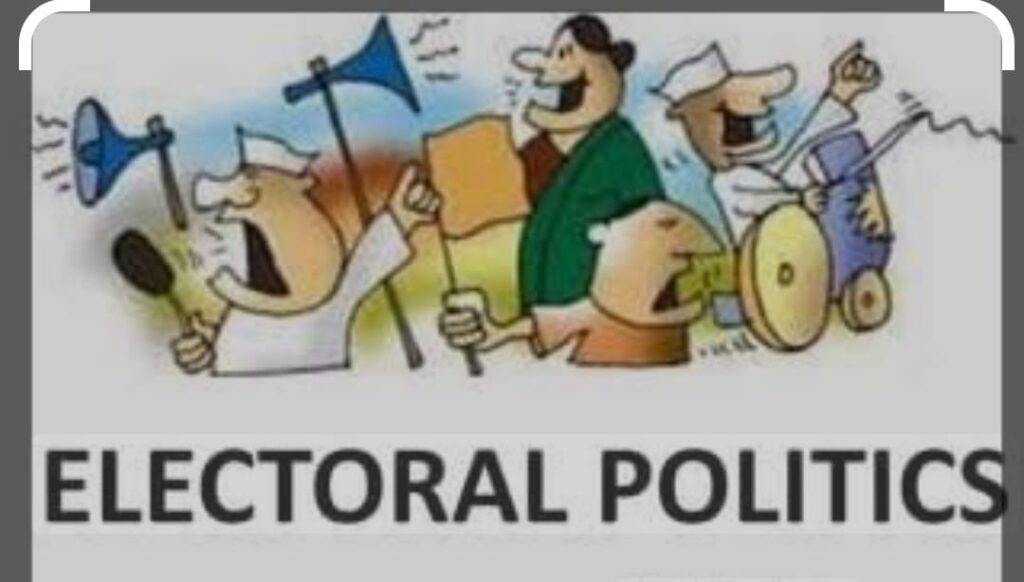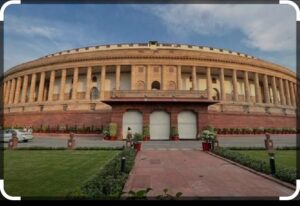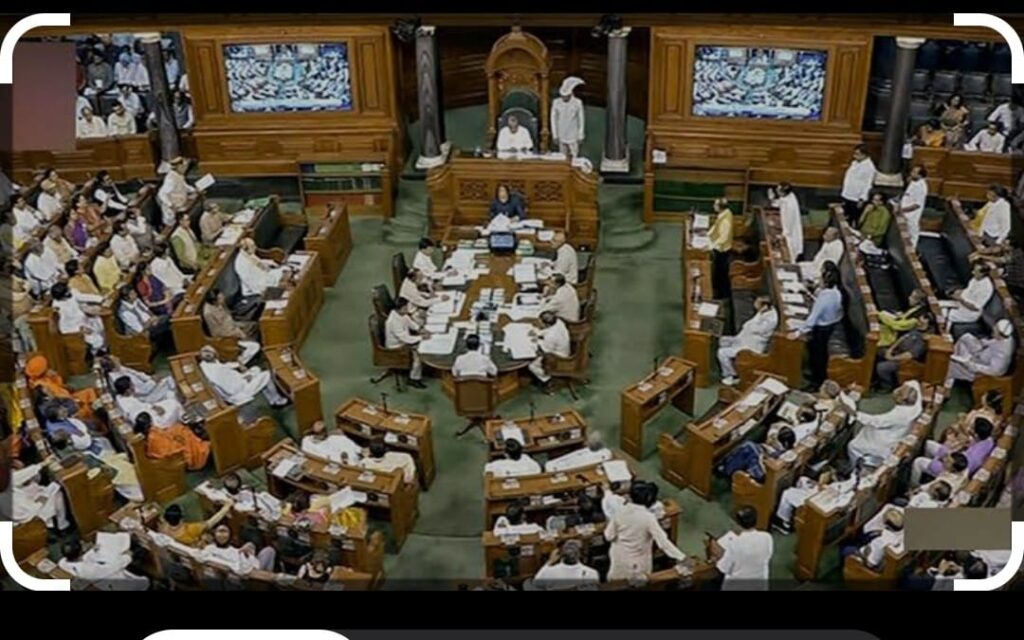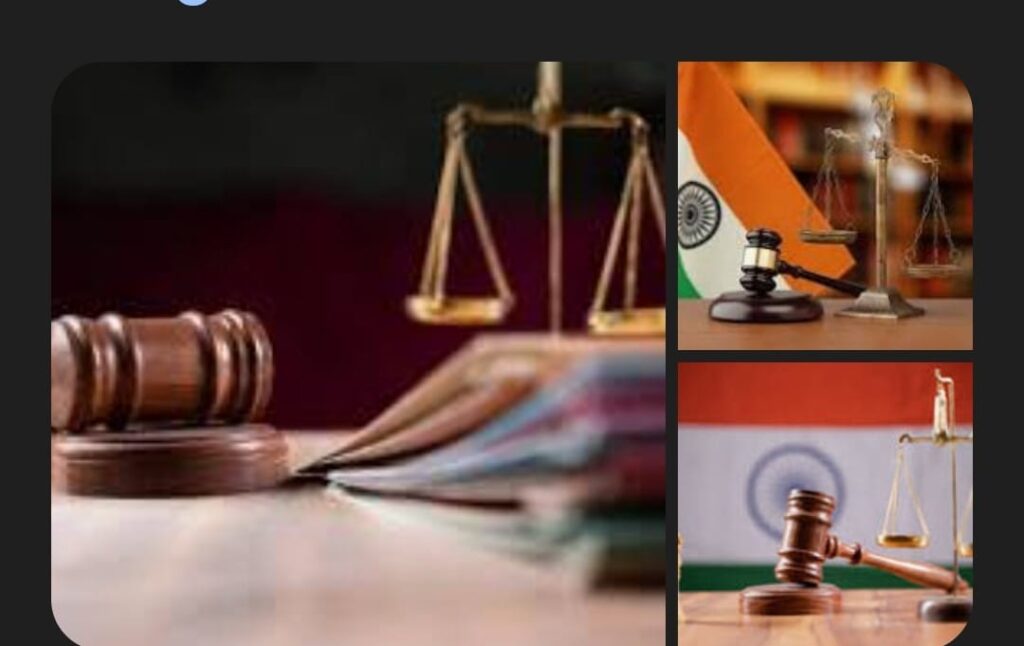Electoral Politics
Electoral Politics covers the detail study of political science for class 9th tell students how election takes place in India and how does parliament formed and work .

Electoral Politics tells the important facts :
In democracy it is neither possible nor necessary for the people to govern directly in the present global world.
The most common form of democracy in our times is for the people, to govern through their representative such as MP, MLA ,Councilor ,Pradhan etc.
In India elections are held regularly after every 5 years for Lok Sabha/ lower house of parliament , Vidhan Sabha / state assembly, Panchayats , municipalities
In Electoral Politics election are necessary by which
a) We can choose who will make law for us
b)We can choose who will form the government and take major decisions on behalf of us
c)We can choose the party whose policies will guide the government and law making
In the Electoral Politics THE DEMOCRATIC ELECTION should be
a) One person and one vote
b) Free and Fair election
c) Election must be held after regular intervals
d) The citizens are free to make choice to the voters .
The Political Competition causes many demerits such as
i) It creates a sense of disunity or factionalism every political party has its own agenda on basis of caste and religion
ii) In Political parties and it’s leaders impose allegation against one another
iii) Parties and candidates often use dirty tricks
ELECTORAL CONSTITUENCIES : The country is divided into different aeras for the purposes of elections . These aeras are called electoral constituencies that is our country is divided into 543 constituencies .
The same principles are applied for state assembly, Panchayats and municipal
RESERVED CONSTITUNCIES : There are some seats where only the certain communities / castes can contest the election . These are called reserved constituencies 84 are reserved for SC 47 for ST and 33% for women
VOTER LIST : This is the list of those who are eligible to vote. It is prepared much before election. This is officially called the electoral roll and also called Voters list. It is revised time to time. Now we can easily update our data through on line made at ECI website
UNIVERSAL ADULT FRANCHISE means all the citizens of 18 and above have right to vote in the election without any discrimination of caste, creed, religion and sex.
MODEL CODE OF CONDUCT ;All the candidates and parties must follow the model code of conduct for election campaign
.According to this once the election dates are announced than no political parties or candidates
i) use any place of religion/ worship for election propaganda
ii) Use government vehicles/ aircraft/government officials for election
iii)Ministers shall not lay foundation stones of any projects or take any policy decisions or make any prominent promises of providing the public facilities
In Electoral Politics PROCESS OF ELECTION;

First of all the constituencies are formed and preparation of voter lists is framed Announcement of schedule in which the process of election starts with the announcement of the schedule of the Election Commission of India
After this Nomination of Candidates takes place . every political party nominates their candidates who will contest election using the allotted party symbol. Candidates not affiliated with any party can also contest election as independent candidate.
The Security of Nomination takes place. The nomination form filled by the candidates is scrutinized by returning officer . and the choice is given ro withdraw his/her name from nomination .
After this Campaigning begins A time limit of 14days is given before the date of polling for election Campaign . Political parties organize large public rallies and door to door campaigns to win public support.
After the polling votes . The Government schools and colleges are selected as polling booths. An indelible ink is marked on the index finger of the voter which acts as a source of identification .
At last the counting of votes takes place in front of the representative of all political parties and the candidates. The candidates securing the highest number of votes is declared the winner.
POWER AND FUNCTION OF THE ELECTION COMMISSION in Electoral Politics :
Election commission takes decisions on every aspects of conduct and control of elections from the announcement of the elections to the declaration of the results . It implements the code of conduct and punishes any candidates or party that violates it .
During the election period, the election Commission can order the government to follow some guidelines to prevent use and misuse of governmental power to enhance its chances to win elections / to transfer some government officials .
When on election duty , government officers work under the control of the election Commission and not the Government .
UNFAIR PRACTICES in Electoral Politics are quite common in the elections .A lot of unfair practices are used during this time . Some of these are given below Inclusion of false names and exclusion of genuine names in the voters list .

Misuse of government facilities and government officials by the ruling party. Excessive use of money by rich candidates and big parties Intimidation of the voters and rigging on the polling day.
The Challenges to conduct free and fair election are
i) Candidates making promises to solve the issues
ii) Candidates using their criminal connections to disrupt the elections
iii) Smaller parties and independent candidates suffering a huge compared to bigger parties
iv) Candidates winning purely based on money , power and unfair means
v) Major unfair role is played by the dominant families and their relatives to influence the voting
vi ) Voters have little choice to vote due to influence and not allowed the smaller candidate to contest election due to muscle and money power.
WORKING OF INSTITUTIONS in Electoral Politics:
In the democratic form of Government It has to make various arrangements to perform different functions for which different organisations are formed and the constitution describes the basics rules regarding rights and duties of each institution .
In our country there are three bodies
i) Legislature
ii) Executive
iii) Judiciary .
They play important role in making decisions and President is the head of the state and highest form of authority in the country . Prime minister is the head of the Government and infact exercises all government powers. All the decisions are taken by him in the Cabinet meeting.
A) PARLIAMENT
B) PRESIDENT
C)RAJYA SABHA / UPPER HOUSE
D) LOK SABHA/ LOWER HOUSE.
PARLIAMENT : In all democracies an assembly of elected representatives exercises the supreme political power on the behalf of the people of India Such a national assembly of elected representatives is called parliament . In case of state level it is called LEGISLATURE ASSEMBLY .
LOK SABHA : It is called the House of people /Lower House consist of 543 elected members and 2 nominated by the president of India from Anglo – Indian community total 545 the are directly elected by the people for the tenure of 5 years

RAJYA SABHA It is also called upper chamber/House of Council of State consist of 250 members elected by MLA for tenure of 6 years. It is called permanent house which cannot be dissolved 12 members are nominated by the president from the Art and other fields such as Science and Sports.
COMPARES OF POWERS ;Any ordinary law has to be passed by both the houses. But if there is difference between the houses , the final decisions is taken in a joint session .
Owing to the larger number , the view of the Lok Sabha is likely to prevail. Lok Sabha exercises more powers in money matters. The Rajya Sabha can suggest changes in such matters but the Lok Sabha has the Final say in the Matters.
The Lok Sabha controls the council of ministers . The government has to quit if they lose the confidence of the Lok Sabha. The Rajya Sabha does not have this power.
NEED OF THE PARLIAMENT in Electoral politics
:i) The Parliament is the final authority for making laws in any country
ii) Parliament controls those who run the government. The government can take decisions so long as they enjoy support of the parliament
iii) Parliaments control all the money that government has
iv)Parliament is the highest forum of discussion and debate on the public issues and national policies in any country .
EXECUTIVE in Electoral Politics :
Political and Permanent : At the different level of the government, there are some functionaries who take day to day decisions. All those functionaries are collectively known as the executive.
They are called executive because they are in the charge of the execution of the policies of the government. Thus when we talk about the government thus we usually mean the executive
i) In Political executive Elected by people for a specific period and Political leaders fall in the this category
ii) In the Permanent Executive People are appointed on a long term basis , Persons working in the civil services fall in this category ,This works under the political executive.
The President Appoints The Leader Of The Major Party as PM and on the advice of the PM other ministers are appointed by the president .
The ministers should be the member of the Parliament . A person who is not the member of the parliament can become the Ministers but he has to get elected to one of the houses within six months.
COUNCIL OF MINISTERS : They is the official name for the body that includes all the ministers .
It includes following three types of the ministers
a) Cabinet Ministers about 20 top-level ministers who are in charge of the major ministers
b) Ministers of State with independent Charge : They are attached to and required to assist cabinet of small ministers
c) Ministers Of States They are attached to and required to assist Cabinet Ministers the parliamentary democracy is often called Cabinet Form of Government because most of the important decisions are taken in Cabinet meetings.
Collective Responsibilities of the ministers may have different views and opinions but everyone has to own up to every decision of the cabinet while the Prime Minister is the head of the government the president is the head of the State
POWERS OF PRIME MINISTERS in Electoral politics
i) He/ she is the head of the government He is most powerful institution of the country . ii)Ministers are appointed by the President but on his advice
iii) He distributes and redistribute the work to the ministers
iv)He can dismiss any of the appointed ministers
.v) He is the chairperson of cabinet meetings
vi) He co-ordinates the work of different departments. His decisions are final incase disagreements arise between any departments
vii) He is the leader of the house If the Prime Minister quits the entire ministers have to quit .
PRIME MINISTER FORM OF GOVERNMENT :If the cabinet is most powerful institution , within the cabinet it is Prime Minister who is the most powerful and commands so much power in the parliamentary democracy that it seems as Prime Ministers form of government
ELECTION OF THE PRESIDENT in Electoral Politics: The President of India is not directly elected by the people . The elected members of he parliament (MP) and the elected member of Legislative Assembly (MLA) elect the president .
POWERS OF THE PRESIDENT In Electoral Politics
i) All the major appoints are made in the name of the President as Chief Justice of SC, HC , Chief ministers of union territory, Governors of the state , ambassadors of the country etc
ii) All international treaties and agreements are made in the name of President
iii)The President is the Supreme Commander of Defense Forces of India
iv)All laws and major policy decisions of the government are issued in the name of the President
v)All bill passed by the parliament becomes law only after the assent of the President
vi) The President appoints the PM and the other ministers on the advice of the PM
THE MANDAL COMMISSION in Electoral Politics : The Government of India had appointed the second backward classes commission in 1979 which was headed by sh. B.P. Mandal .
Itwas asked to determine the criteria to identify the socially, educationally backward classes in India and recommend steps to be taken for the advancement. One of the main recommendation of the commission was that 27% of he government jobs be reserved for the socially , educationally backward classes
In 1990 the Union Cabinet decided to implement the recommendations which resulted in debates , agitations and representation of different social groups.
INDIAN JUDICIARY in Electoral Politics The Indian Judiciary consist of Supreme Court for the entire nation , High Courts controls the judicial administration in the country in the states, The Districts Courts are at local level

INTEGRATED JUDICIARY : India has an integrated judiciary. It means the Supreme Court controls the judicial administration in the country. It’s decisions are the binding on the other courts of the country .
JUDICIAL REVIEW ; The Supreme Court of India and the High Courts can determine the constitutional validity of any legislation or action of the executive in the country ,weather at the Union level/at the state level .when it is challenged before them .It is known as Judicial Review.
PUBLIC INTERST LITIGATION : (PIL) The court can give Judgment and directive to protect public Interest. Anyone can approach the courts if public interest is hurt by the action of the government.
INDEPENDENCE OF JUDICIARY :
i)Indian Judiciary is not under the control of the legislature or executive
ii) The Judges of SC and HC are appointed by the President of India and the Judge can be removed by impeachment motion which is impossible
iii) The SC and HC have power to interpret the constitution of the country which is called Judicial Review
iv) Judiciary acts as the guardian of the Fundamental Rights
Conclusion: Electoral Politics
This part of Electoral Politics gives clear idea to the readers about how elections are conducted in India ,Formation of parliament to govern the country, appointment and powers of Prime Minister Functions of Judiciary.
Read More : Democratic Rights
Follows us on: Facebook